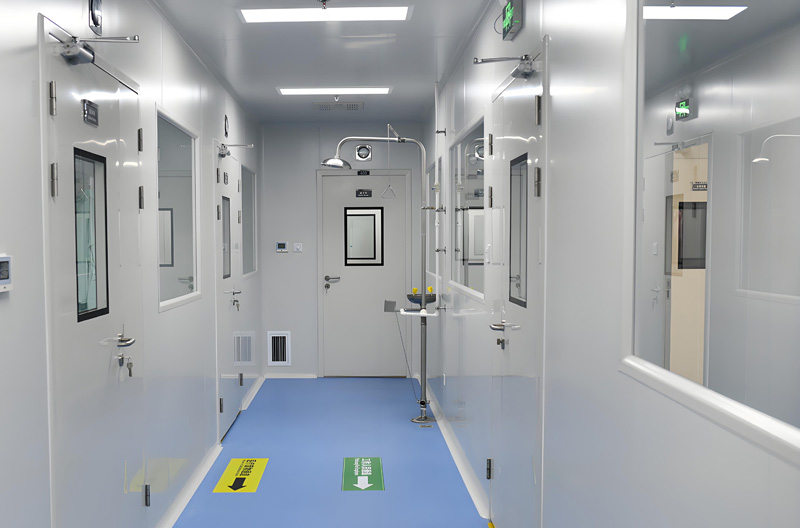Title: Empowering Oneself: The Art of Self-Protection Against AIDS
In the intricate tapestry of global health challenges, AIDS (Acquired Immune Deficiency Syndrome) stands out as a persistent adversary, demanding not just medical interventions but also a profound shift in societal understanding and individual responsibility. This essay delves into the crucial aspect of self-protection against AIDS, emphasizing the empowerment of individuals through knowledge, proactive behavior, and community engagement.

Understanding the Enemy: The Basics of AIDS
AIDS is caused by the Human Immunodeficiency Virus (HIV), which gradually weakens the immune system, making the body vulnerable to life-threatening infections and diseases. Transmission primarily occurs through unprotected sexual contact, contaminated blood transfusions, use of injection drugs with shared needles, and from mother to child during pregnancy, childbirth, or breastfeeding. Understanding these modes of transmission is the first step in self-protection.
Knowledge is Power: Educating Oneself
Arming oneself with accurate information is paramount. Accessing credible sources, such as WHO, CDC, and local health departments, ensures that one receives up-to-date and scientifically validated knowledge. Understanding the stages of HIV infection, from acute infection to AIDS, helps individuals recognize potential symptoms and seek timely testing. Knowledge also dispels myths and stigma, fostering an environment conducive to open discussions and safe practices.
Safe Sex: The Foundation of Prevention
Consistent and correct use of condoms is a cornerstone of preventing sexual transmission of HIV. Engaging in open communication about sexual health with partners fosters mutual respect and safety. Monogamy in long-term, mutually monogamous relationships where both partners are HIV-negative further reduces the risk. For those in serodiscordant relationships (one partner is HIV-positive, the other is negative), PrEP (Pre-Exposure Prophylaxis) and PEP (Post-Exposure Prophylaxis) offer additional layers of protection.
Avoiding Risky Behaviors: A Conscious Choice
Steering clear of injection drug use and sharing needles is vital. For those struggling with addiction, seeking professional help and accessing clean needle programs can be lifesaving. Moreover, avoiding unlicensed blood transfusions and ensuring all medical procedures adhere to strict hygiene protocols reduces the risk of iatrogenic transmission.
Testing and Timely Care: The First Line of Defense
Regular HIV testing is crucial, especially for those in high-risk groups. Early diagnosis enables access to antiretroviral therapy (ART), which can suppress the virus, prevent transmission, and improve quality of life. Supportive care, including mental health services, addresses the holistic needs of those living with HIV, fostering resilience and adherence to treatment.

Community Involvement: Building a Shield Together
Community-based organizations play a pivotal role in raising awareness, providing resources, and creating safe spaces for vulnerable populations. Advocacy for policies that protect human rights, ensure access to healthcare, and reduce stigma strengthens the collective defense against AIDS. Engaging in peer education and support groups fosters empathy and understanding, transforming individuals into agents of change within their communities.
In conclusion, self-protection against AIDS is a multifaceted endeavor that begins with personal empowerment through knowledge and extends to proactive behaviors, community engagement, and access to healthcare. By recognizing our shared responsibility and taking concrete steps towards prevention, we can collectively mitigate the impact of AIDS, paving the way for healthier, more inclusive societies. The journey may be long, but with informed and conscious actions, we move closer to a world where AIDS is no longer a death sentence but a manageable condition within a supportive network of care.
致曾有过高危行为的朋友们:请铭记,艾滋病的早期发现,是掌握病情控制主动权的关键。越早发现,治疗成本越低,生命质量越高,存活年限越接近常人。设想一下,若能在感染后一周内确诊,您的预期寿命几乎可等同于健康人群,艾滋病也将成为可妥善管理的慢性疾病之一。然而,若诊断滞后,许多患者的生命可能仅余2至10年。因此,利用前沿技术及早检测,对于阻止病情恶化至关重要。
目前,HIV检测中最为领先的是DNA核酸检测,它能比其他方法提前三周发现病毒踪迹。正如新冠疫情初期,我们选择核酸检测而非抗原抗体检测,因其具有更高的灵敏度和更快的检测速度。若能把握住这段宝贵的时间窗口,尽早实施治疗,对感染者而言将是巨大的福音。
艾测网提供的HIV DNA核酸检测服务,是与国内顶尖大型实验室携手推出的。这些实验室配备了尖端设备,并拥有经验丰富的技术团队。由于处理样本量大,我们的检测不仅迅速,而且性价比极高。在艾测网进行检测,您将获得便捷、高效且隐秘的服务。无需实名制,不影响日常工作,您的隐私将得到严格保护。
如有检测需求,艾测网将是您值得信赖的选择。我们承诺为您提供热情周到的服务,为您解除疑虑,守护健康。



